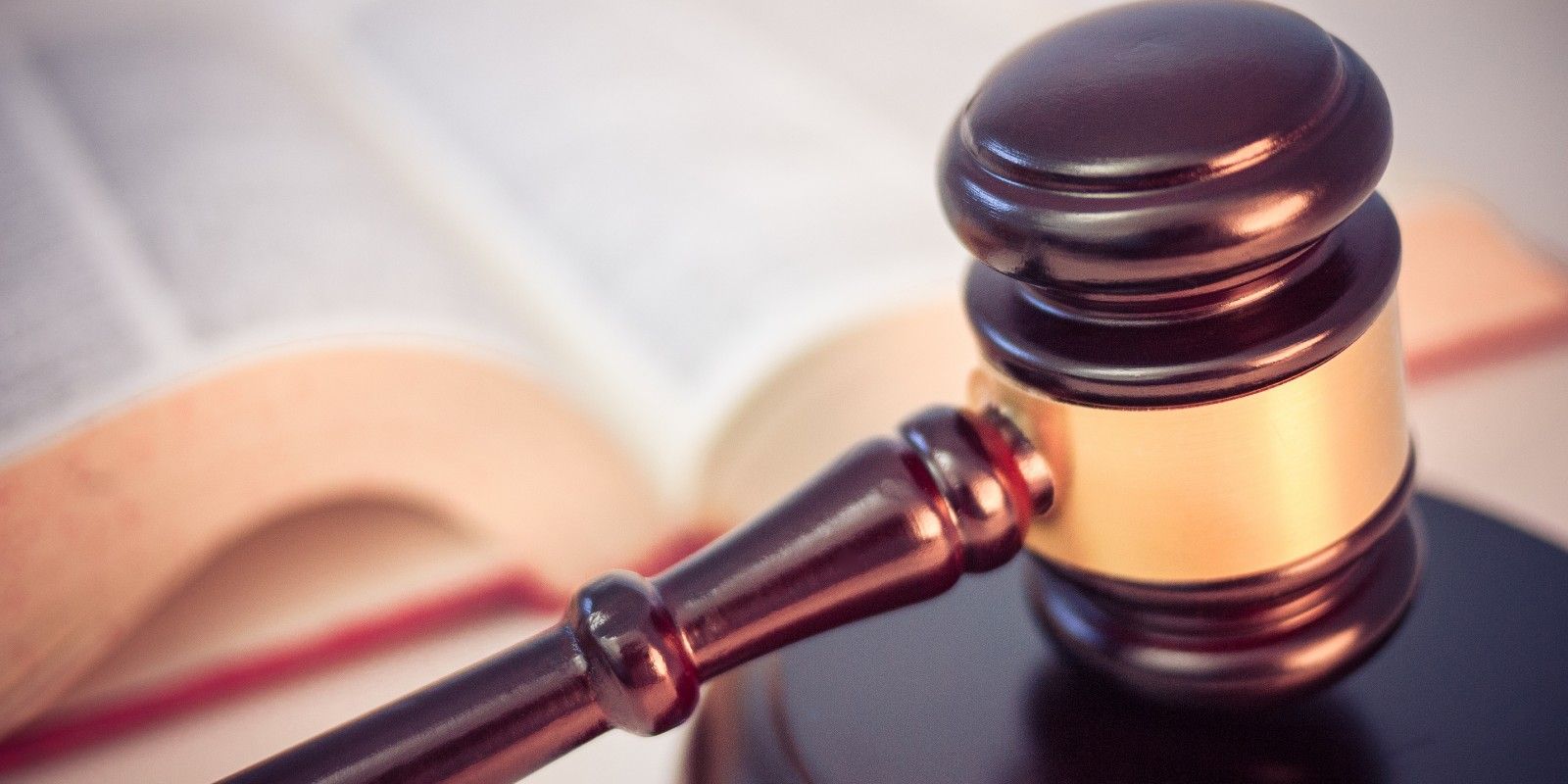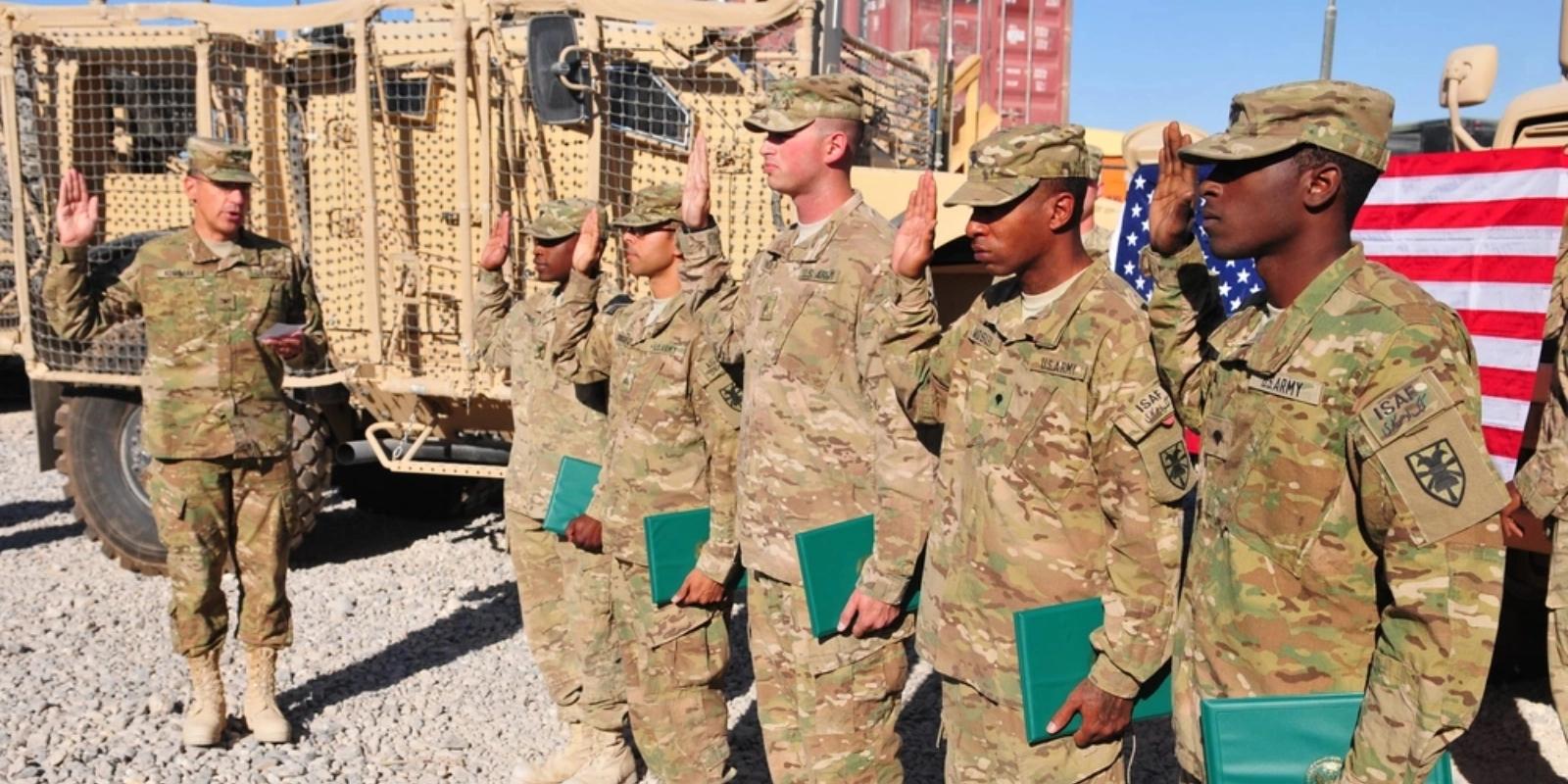OATH OF THE US MILITARY: TO SERVE THE PEOPLE
The American public doesn't trust government institutions, including the military, as much as they used to. This is because the military can be utilized for personal advantage rather than as a professional group that the public should trust. For instance, former President Donald Trump gave a speech at a luncheon and implied to retired Marine four-star generals James Mattis and John Kelly, serving in his cabinet. He said that those generals would keep the nation safe. This was the first time he addressed the officials as "my generals" instead of saying "military leaders." This act deviates from the oath of the U.S. military to serve the nation as a whole.
This action from the former president gained attention and reflected a trend among recent presidential candidates in which both Republicans and Democrats have always emphasized their connection with the military. President Joe Biden has gained the support of multiple four-star military officers. He also cited his long years of interaction with retired Army Gen. Lloyd Austin, who is now serving as the secretary of defense.
Most are concerned because the military somehow owes significant loyalty to a specific person. Despite this, the oath of the US military instructs them to defend and support the people and their constitution and not to give loyalty to a person.
History of the US Military Oath of Enlistment
Military oaths, a tradition traced back to the Roman Times, have been a part of the United States since its earliest days in Jamestown, Virginia. They established the first known oath in the 1600s, a covenant and a constitution. Then, the Constitution of America was signed after two years. Further, the first bill was passed into law on June 1, 1789. It was Statue 1, Chapter 1: "An act to regulate the time and manner of administering certain oaths, which established the oath required by civil and military officials to support the Constitution."
The first official oath of the US military, a pledge that both enlisted members and officers took, was established in the 1790s. In 1862, two separate pledges were created for the enlisted members and officers. Its first version was drafted during the Civil War and the word "defend" was added to verify their loyalty. On July 11, 1868, another revision was passed from "bear true faith and allegiance to the United States of America" to "I will support and defend the Constitution of the United States."
On October 5, 1962, the wording of the oath of the US military was again changed to support the Constitution. With its rich history, it is more than just a mere formality or necessity but it also provides the foundation and essence of the military.
The Difference Between the Officer and the Enlisted Oath
Both are required to take a pledge to defend and support the Constitution of America. But in the US military oath of enlistment, they will “obey the orders of the president of the United States and the orders of the officers appointed over [them], according to regulations and the Uniform Code of Military Justice.”
On the other hand, Officers have a different version; they pledge to support and defend the Constitution and “well and faithfully discharge the duties of [their] office.”
Understanding the Oath of the US Military
More than 80% of military personnel are noncommissioned officers and enlisted service members. Some have not received the US military oath of enlistment and the importance of being a nonpartisan military. Others have received a different version of the oath of the US military that has been changed over the years. While the enlisted members and officers have sworn to defend and support the Constitution, the enlisted service members had an additional oath to obey the President's orders and officers appointed to them.
However, with much political controversy, our troops should never forget the oath of the US military. This is a gateway to shaping the military's future leaders, and it will be the first step to gaining the public trust.
Suggested Read:
SHARE:
TAGS:
JOIN OUR NEWSLETTER
Get the latest news and military discounts



